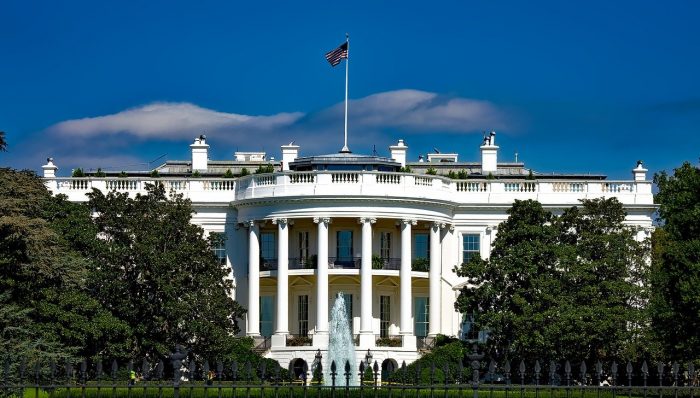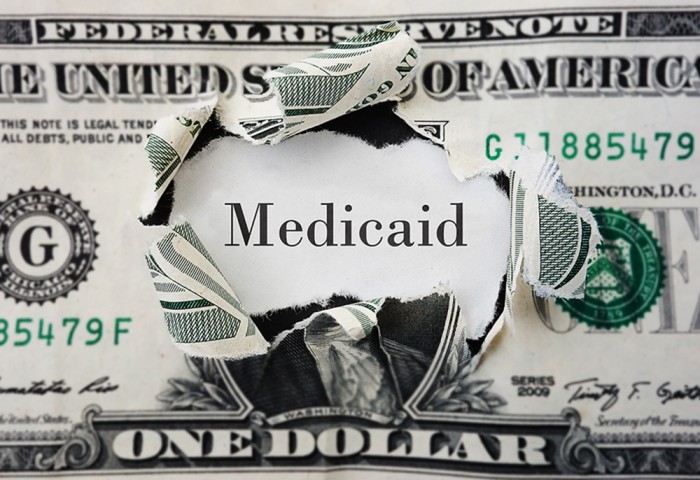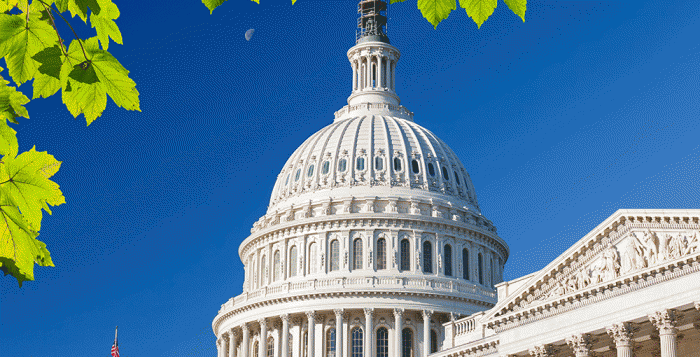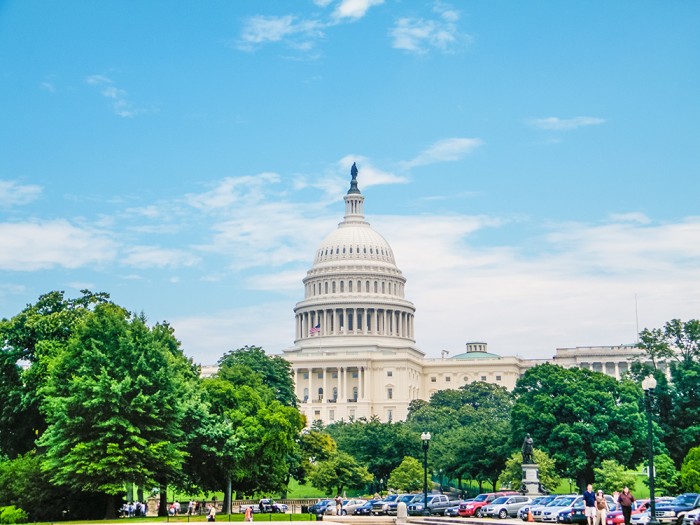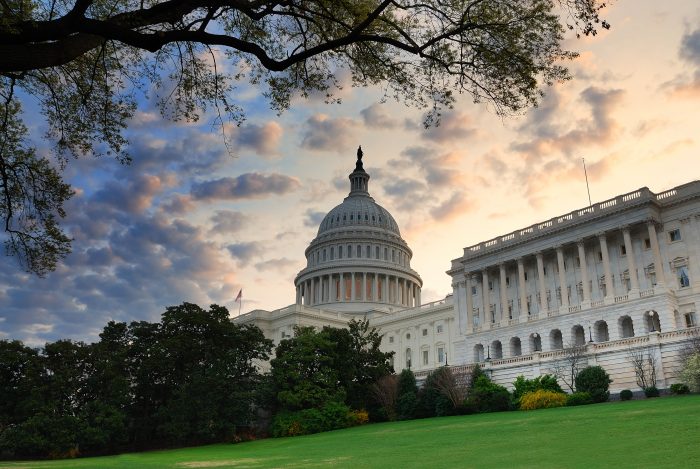President Biden signed the Further Consolidated Appropriations Act, 2024 into law on March 23. This Act includes the Labor, Health and Human Services, Education, and Related Agencies Appropriations Act, 2024. Notable FY 2024 funding totals for mental health and substance use include:
- $385 million for Certified Community Behavioral Health Clinics (level with FY 2023);
- $986,532,000 for the Mental Health Block Grant, which includes maintaining the existing 5% of the total set aside for evidence-based crisis care programs that address the needs of individuals with serious mental illnesses, children with serious emotional disturbances, or individuals experiencing a mental health crisis (level with FY 2023);
- $153 million for the Behavioral Health Workforce Education and Training Program, including $40 million for the Substance Use Disorder Treatment and Recovery Loan Repayment Program (level with FY 2023);
- $1,575,000,000 for State Opioid Response Grants (level with FY 2023); and
- $1,928,879,000 for Substance Use Prevention, Treatment, and Recovery Services Block Grants (level with FY 2023).
Additionally, key provisions of the Act include an $18 million increase in funding for the 988 Suicide & Crisis Lifeline and a $1 million increase for the Primary and Behavioral Health Care Integration grant technical assistance program. There is also a $75 million increase for mental health research conducted by the National Institute of Mental Health. Various mental health and substance use programs maintained funding levels similar to those of FY 2023. For more information, you can access the full explanatory text as well as the comparative highlights table.
If you have any questions, please contact RCPA Policy Director Jim Sharp.









